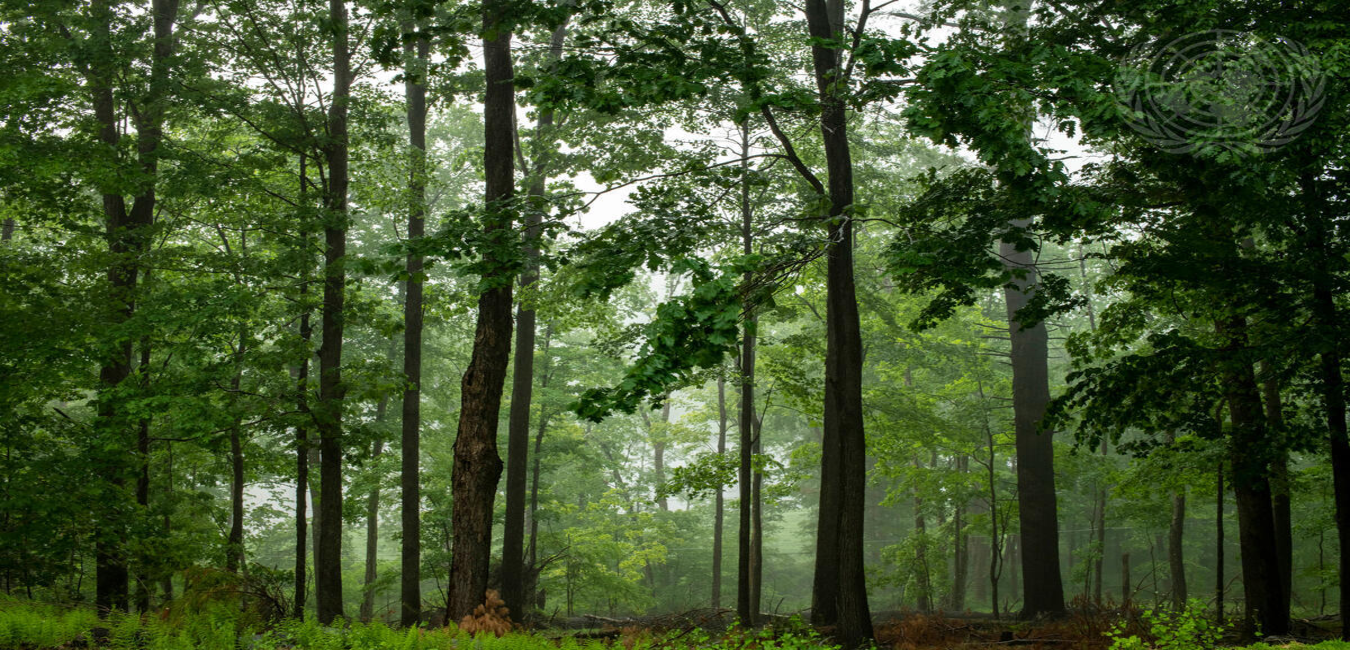A forestry revolution: PNG turns logs into local prosperity
PNG will stop exporting unprocessed logs by 2025, shifting to domestic processing to create local employment and keep more economic value inside the country.

Papua New Guinea is rewriting its resource story. By reaffirming that raw log exports will end in 2025, the government has drawn a bold line in its economic evolution. The country will not only harvest its forests — it will shape them, process them, and profit from the full value of its natural assets.
For decades, PNG exported unprocessed logs to overseas buyers. Ships left its harbours carrying trunks of timber and, with them, most of the value extractable from the wood. The transformation — milling, refining, manufacturing — happened elsewhere. Jobs happened elsewhere. Wealth happened elsewhere.
Ending round log exports changes that narrative. The new vision is rooted in empowerment. Processing will occur on PNG soil, handled by PNG workers, generating PNG revenue. Instead of exporting opportunity, the country will build industry.
This shift is economically significant. A log sold raw is worth a fraction of its processed equivalent. When sawn timber becomes furniture, flooring, or engineered wood products, worth multiplies. Revenue that once left immediately upon harvest now passes through the hands of transport operators, mill technicians, tradespeople, and downstream manufacturers before crossing borders.
Beyond economics, there is dignity in value creation. Communities that host logging operations can become more than witnesses to extraction. They become partners in progress. Jobs are created where forests grow, not where ships deliver.
Transitioning will not be seamless. Sawmills and processing plants require capital, skilled labour, and reliable power — all areas where PNG faces challenges. Infrastructure limitations can slow expansion, and investment will need courage and patience.
Environmental stewardship is also central. Value-added processing must not become a justification for greater harvesting. If PNG positions itself as a producer of sustainably managed timber — traceable, certified, and responsibly sourced — the world will pay a premium. Ethical consumers want to know where wood originates, how forests are managed, and who benefits from the transaction. PNG can meet that demand by linking conservation with industry.
The Prime Minister’s decision signals more than policy. It signals identity. Papua New Guinea refuses to be a supplier of raw commodities without agency or leverage. It seeks to build an economy that learns, that produces, that keeps value at home.
Every nation has a pivotal moment when it stops exporting its potential and starts shaping its future. For PNG, that moment arrives in 2025.





